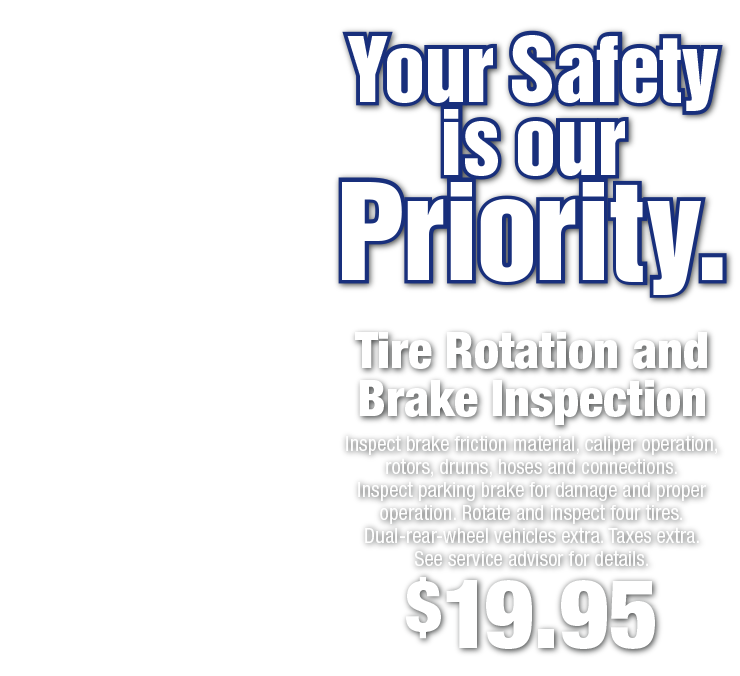Good Timing: Proper Timing Belt Replacement Saves Money for Troy Drivers
June 26, 2020
Knowing how their engine works can help Troy drivers make informed decisions about auto care and prevent repairs to their vehicles. This is especially true when it comes to timing belts.
An engine's power is generated in the cylinders. Inside the cylinder is a piston that moves up and down while the engine is running. Power is generated in a cycle that includes four strokes of the piston. First, the piston drops and a valve at the top of the cylinder opens to let in fuel and air. The piston then rises, which compresses the fuel and air. At this point, the spark plug fires, igniting the fuel and pushing the piston down. This downstroke transfers energy to the engine, which provides the power it needs to run. The piston rises again, and a valve opens to release the exhaust.
All of this movement is orchestrated by a timing belt. The timing belt is so named because it keeps the pistons and valves operating in synch with each other, just as a conductor keeps all of the instruments in an orchestra in time with one another. Thus, the timing belt is critical to the proper operation of your engine.
Not all vehicles in the Troy area have timing belts. Some have timing chains. A timing chain is more durable and rarely breaks, but timing belts are cheaper, so many use them to save money.
Timing belts wear out and break, so part of preventive maintenance for Troy drivers is to replace the timing belt on schedule.
The results of failure of a timing belt depend on the type of engine in your vehicle, but they are always inconvenient and can be very costly for Troy auto owners. If your engine is a non-interference engine and the timing belt breaks, the engine simply stops running. Now that can be an incredibly inconvenient situation depending on where you are driving around Troy when it breaks, but it won't cause any engine damage. On the other hand, if your vehicle has an interference engine and the timing belt breaks, the valves on your cylinders will actually fall into the path of the pistons. Then things start getting chewed up by the motion of the engine and it will cost thousands of dollars to get everything sorted out again. Compounding the problem is that there aren't any warning signs before a timing belt breaks. A visual inspection of the belt is difficult also. In some vehicles, parts of the belt may be visible, but most vehicles hide the belt under a cover.
The timing belt doesn't even have to break to cause major engine damage. If it slips, even one notch, the result could be engine damage with repair costs in the thousands of dollars.
Our only car care option is to simply replace the timing belt periodically. You can check your owner's manual to find out how often your timing belt should be replaced. Many vehicles need a replacement at 60,000 miles (100,000 kilometers), but the recommended replacement mileage could be as high as 90,000 or 100,000 miles (145,000 to 160,000 kilometers). If your owner's manual recommends replacement at 60,000 miles (100,000 kilometers), however, don't wait until 65,000 miles (105,000 kilometers) to get it done. Remember what you're risking.
Replacing a timing belt is not a cheap part of preventive maintenance for Troy vehicle owners. The belt is usually difficult to get to and often requires removal of some of the engine accessories. The cost of the replacement, however, is a lot less than what the repairs may cost if the timing belt fails.
For more auto advice on timing belts and other engine components, you can always consult with your service advisor at Auto Lab Troy. When it comes to car care, ignorance is not bliss. It can end up costing you in a big way.
Auto Lab Troy
2790 West Maple Rd.
Troy, Michigan 48084
(248) 643-7690
Need Service?
More articles from Auto Lab Troy

It's (Not) Complicated (Engine Air Filter)
December 22, 2024
While many components of your vehicle are complex and composed of lots of mechanical and electrical parts, there's one that isn't complicated but still important. It's your engine air filter. (And, we should point out, the engine air filter isn't to be confused with the cabin air filter. The ca... More

Putting a Stop to Brake Problems (Brake Service)
December 15, 2024
It's safe to say that most drivers take their brakes for granted. You press on the brake pedal and the vehicle slows down or stops. It's easy to see why it is so important for your vehicle's brakes to be working correctly. Brakes are an important safety feature of any vehicle. When it comes to... More

Why is Air Not Coming Out of My Vents?
December 8, 2024
You climb inside your vehicle, start the ignition, and reach for the fan control for the heating or air conditioning. But when you try to crank it up, no air comes out of the vents. It can make for a very uncomfortable trip, whether its hot or cold outside. Its important for the comfort of you a... More










